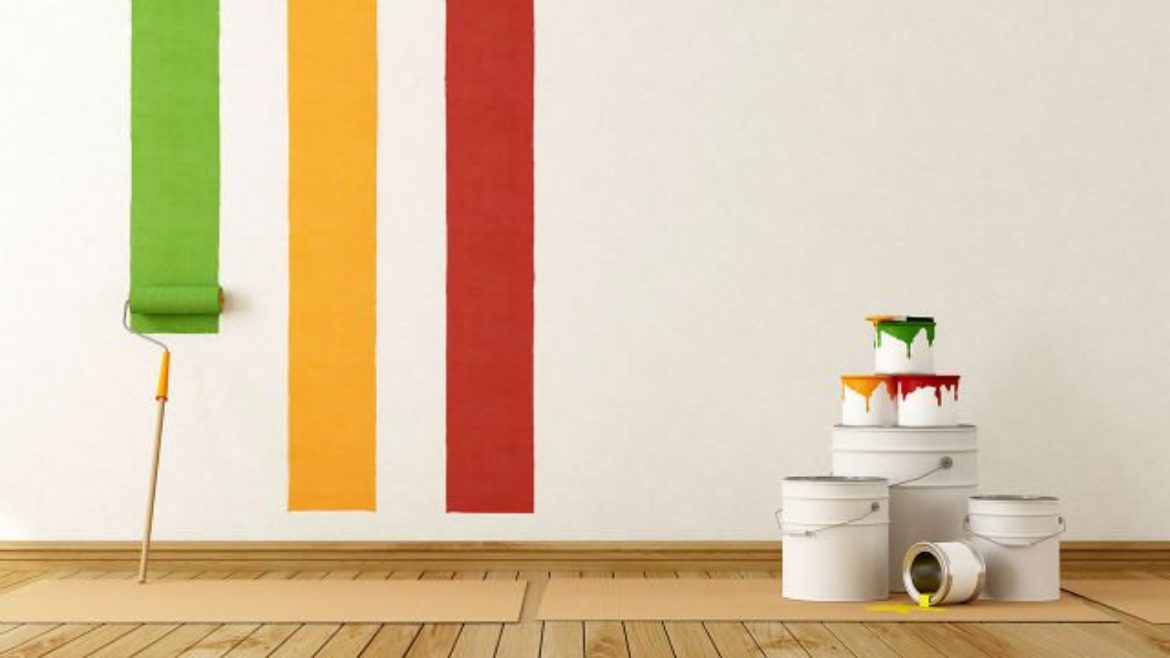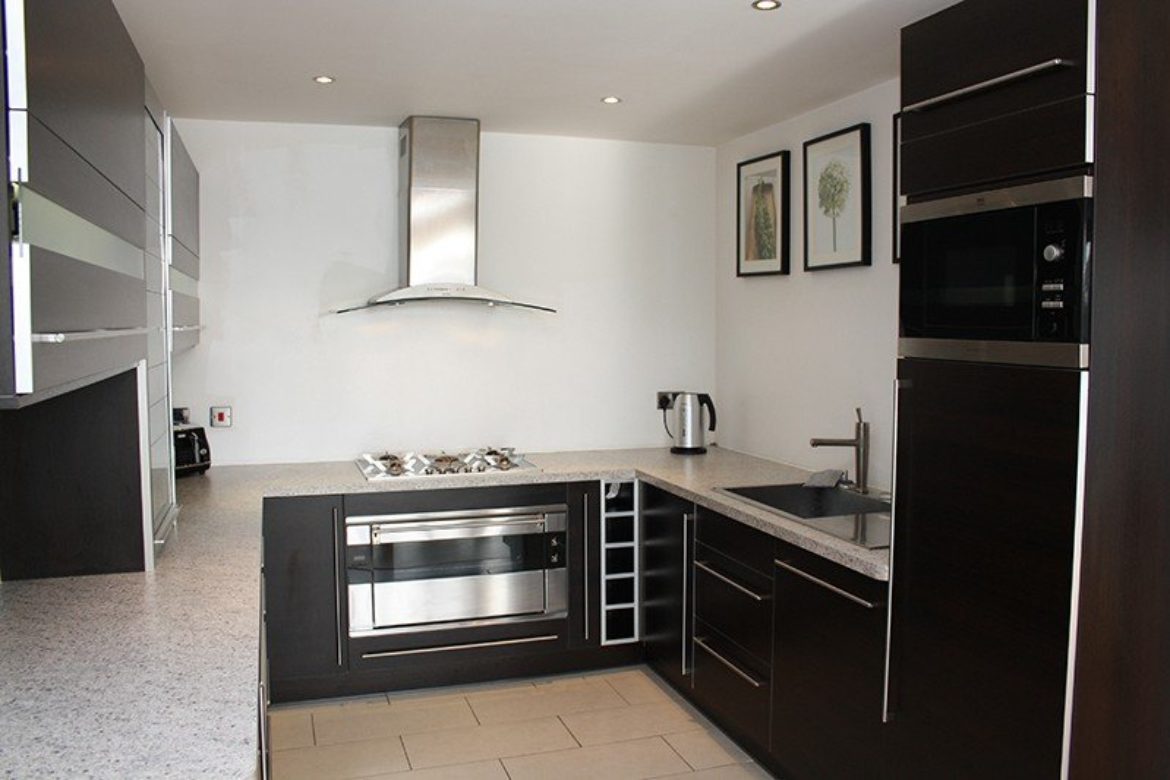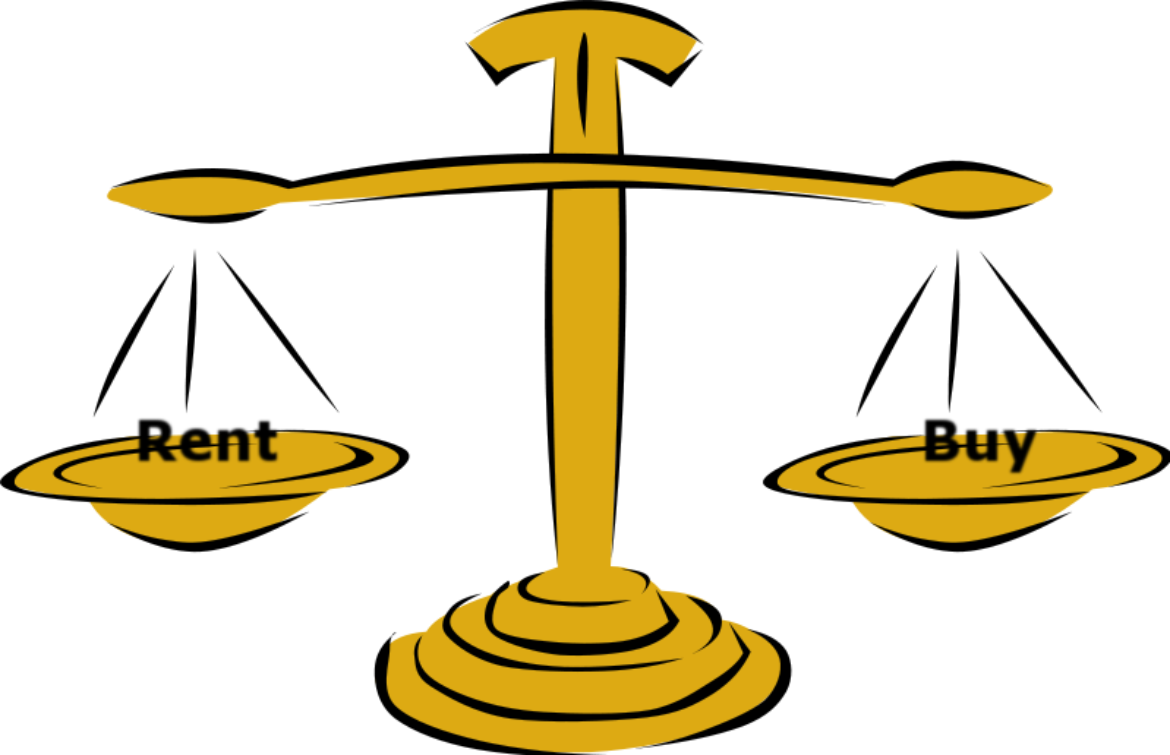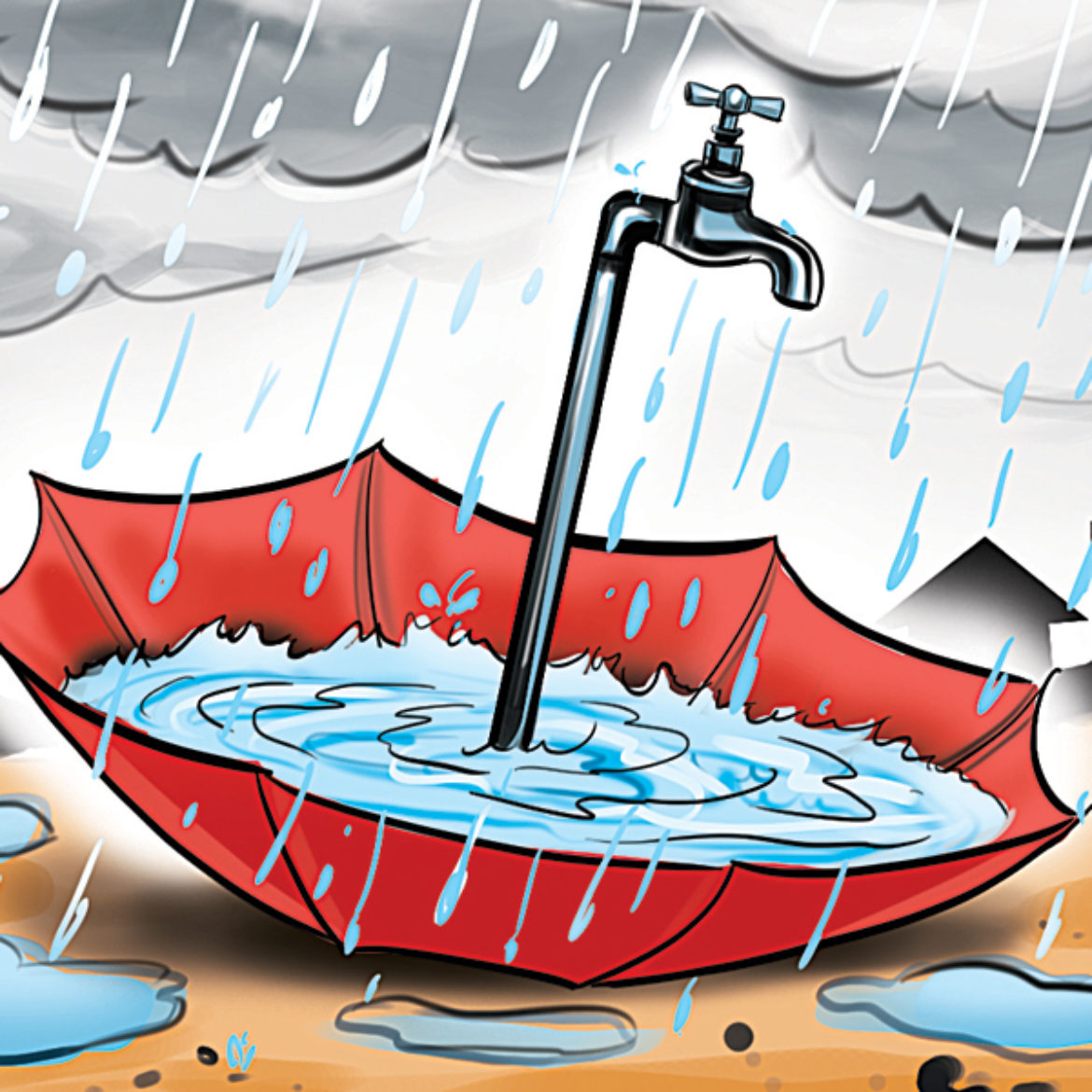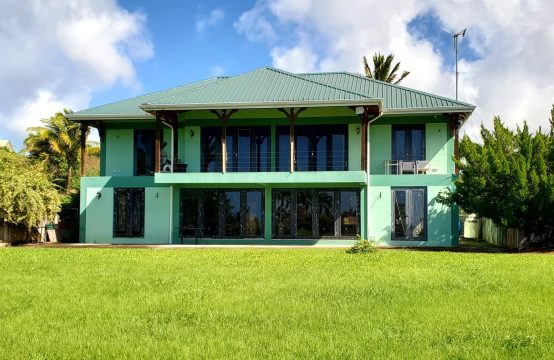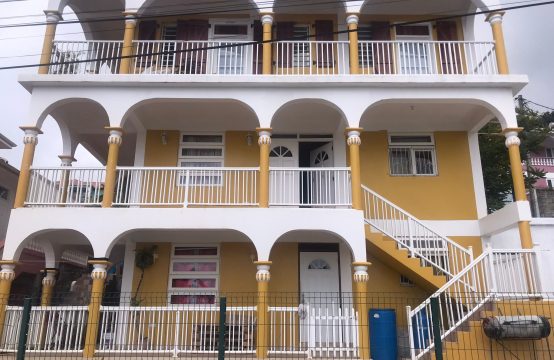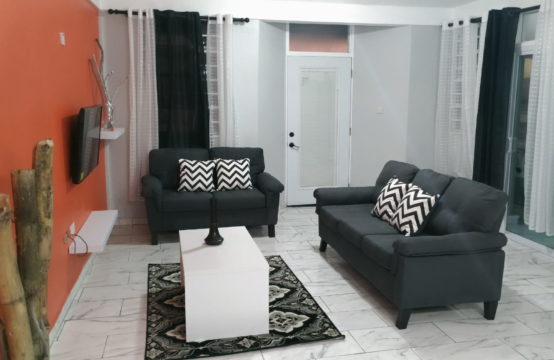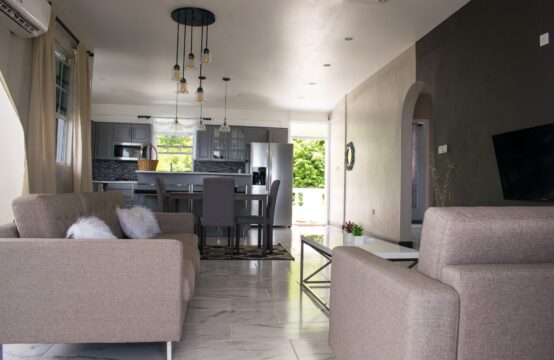A nursery is a bedroom within a house or other dwelling set aside for an infant or toddler. The nursery is designated to the housing, care and well-being of a baby, and is generally the smallest bedroom in the house. However, the room in many cases could remain the bedroom of the child well into his or her teenage years, or until a younger sibling is born, and the parents decide to move the older child into another larger bedroom, if one is available. Our architects offer the following tips to help you design a nursery for your bundle of joy.
Location: The most beneficial location to build a nursery is near to your bedroom. This benefits both you and the child in that you are close enough to hear if anything is wrong, and it also leaves a short walking distance when you need to check up on the baby in the middle of the night. The nursery should also be appointed in an area where it can receive good ventilation, and ample lighting.
Color: The best color scheme to choose when designing a nursery is one that provides a calming and nurturing feel. You should focus on what makes you feel relaxed, especially because mothers generally experience a higher level of stress post childbirth. When the child gets older they can decide what color they desire.
Coherence: The style of the nursery should reflect your own personal style and should resemble the design of the other rooms in the home in regards to the design, color, furnishing, etc. It does not have to be a carbon copy but if the entire home has a modern contemporary look, that should be carried into the nursery.
Safety: When purchasing a crib, ensure that it is deep enough and that the bars are an appropriate distance apart to keep the baby from getting out. Place the crib away from, doors, heaters, lamps/light fixtures and wall decorations. Also, try your best not to over-decorate the room and have it cluttered. It should be organized as much as possible.
Furnishing: The cheapest and easiest thing to do when planning on purchasing furniture is to buy them before deciding on the color of the walls. Then you can chose your wall options based on the type of furniture you have. Another reasonable option is to buy the crib and then design everything with your focus on the crib. While the crib is definitely the most important furniture in a nursery, another piece you should invest in is a rocking chair.
Adaptability: When designing take in consideration how long the décor will last. As the years go by and the child grows aspects of the room may need to change when the child finds that they have become too old. When it comes to things such as the design of the wallpaper, choose an option that can be appropriate for a number of years which will allow ample time before it needs changing.
Additional Tip: Remember babies are messy therefore ensure whatever you buy is washable.

